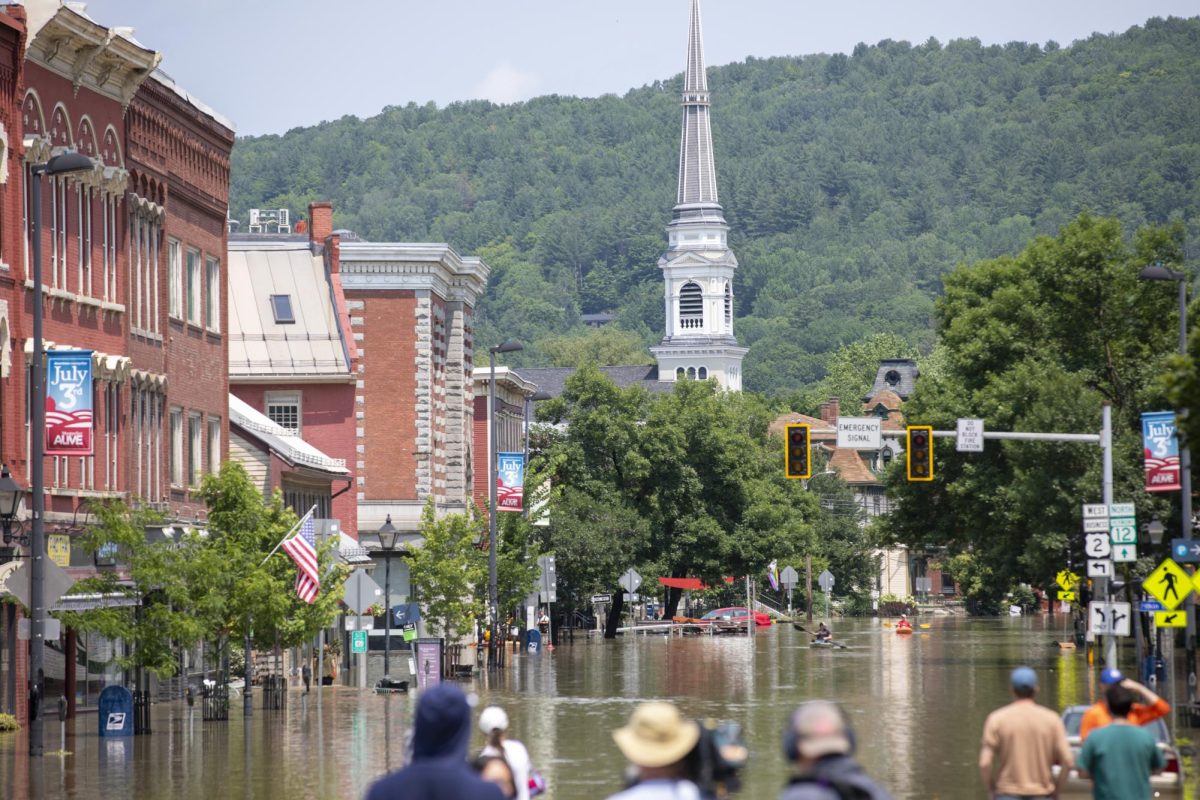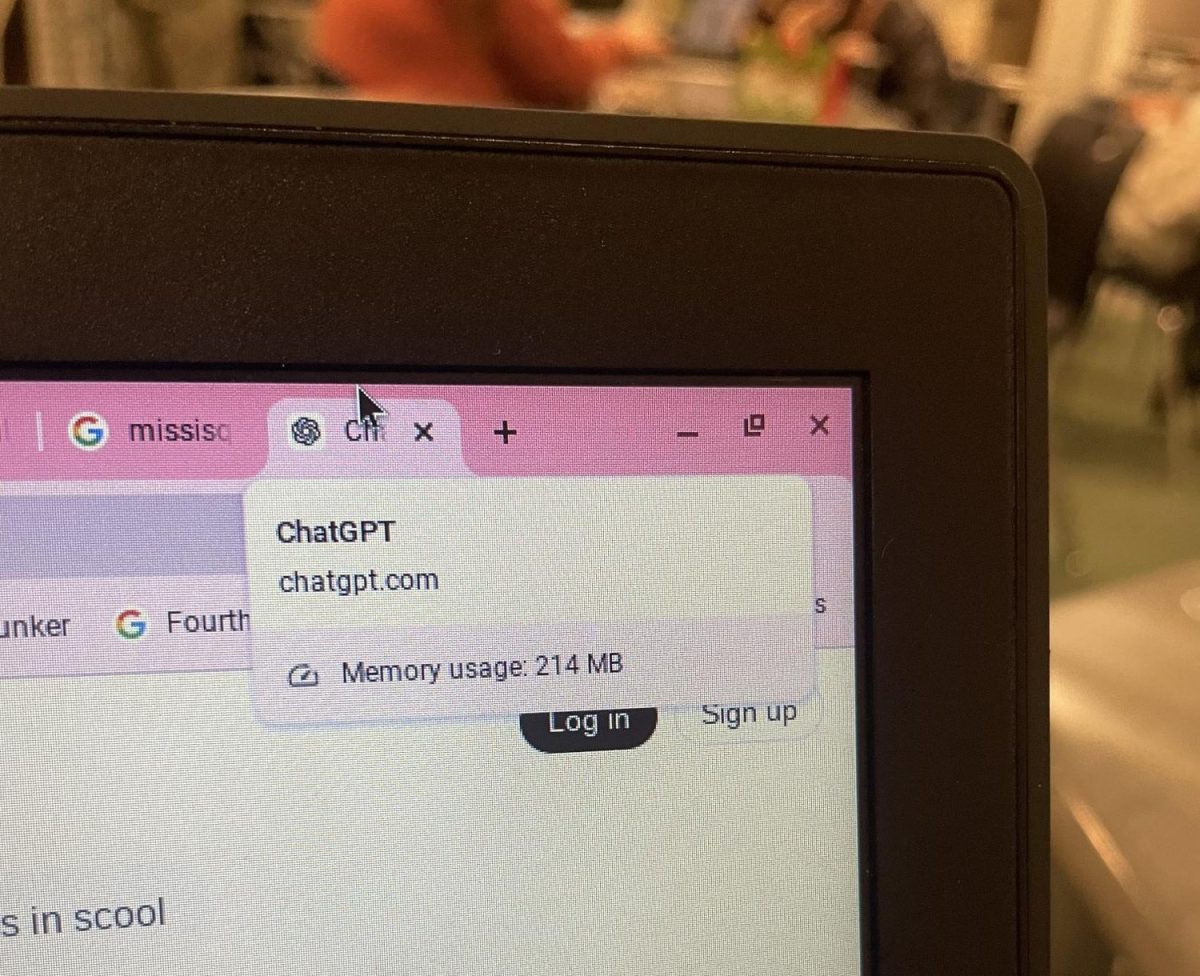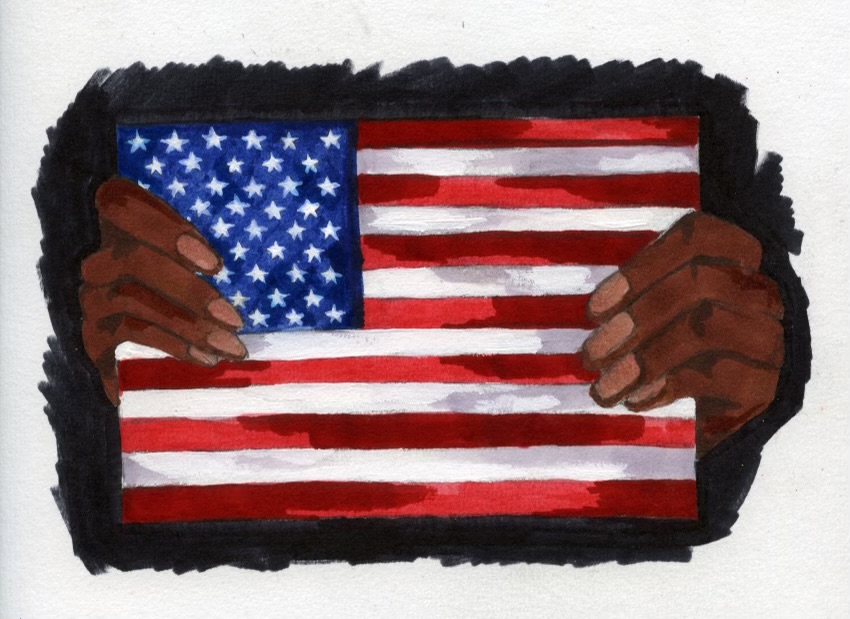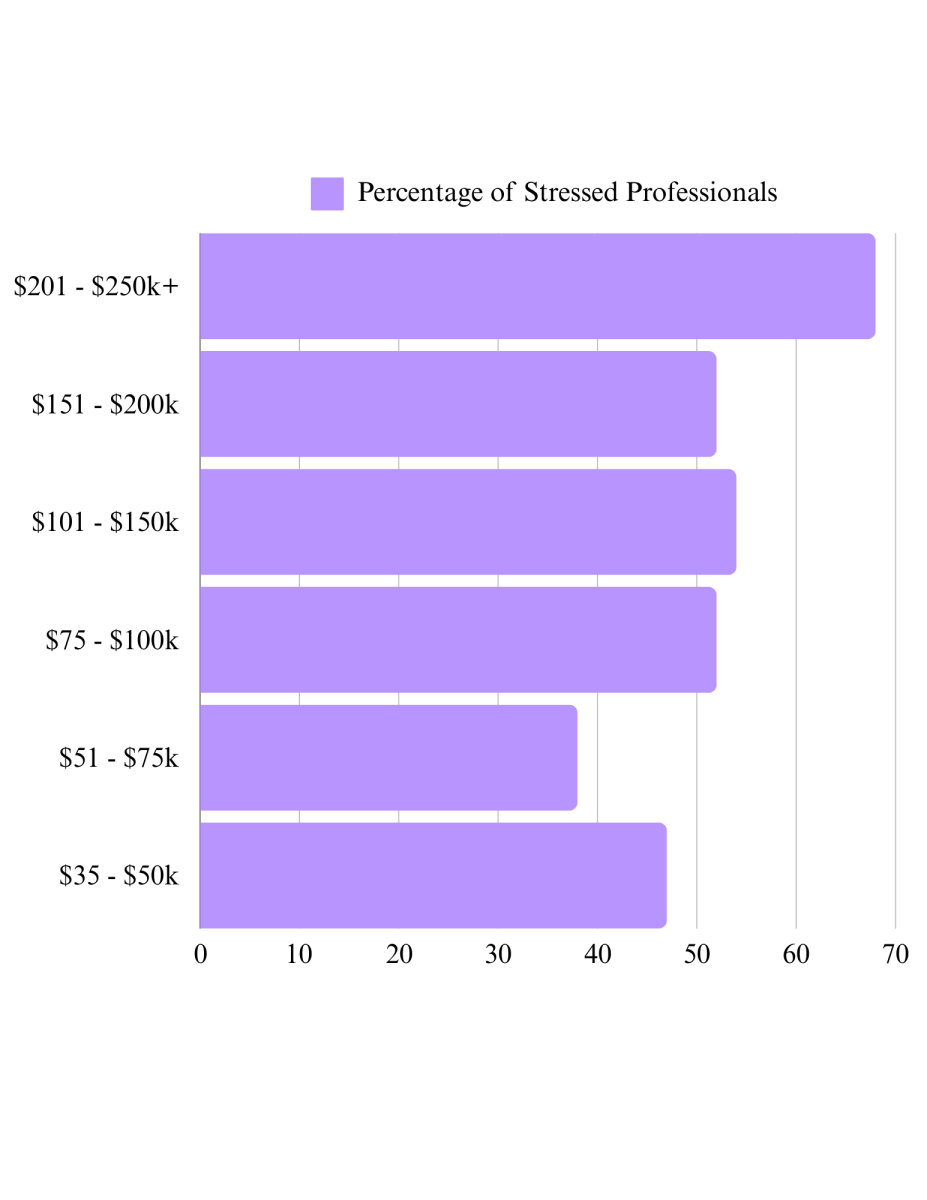Images of the catastrophic flooding that slammed Vermont last summer are still stuck in my head. Farmers in canoes paddling through Burlington’s Intervale, almost entirely engulfed by the Winooski River. Giant piles of debris lined up and down the sidewalks of Montpelier; whole stores, restaurants, coffee shops and homes gutted from the inside out by the same river. Flood damaged towns like Ludlow, Hardwick, Johnson, Jeffersonville, Chester and the people in those towns will tragically be overshadowed someday soon by the next “once in a generation” storm as a direct result of our rapidly warming planet. And yet the support from communities coming together to help each other, and the countless examples of mutual aid across Vermont have left images forever burned into my memory as well.
If there was one positive result from the horrible flooding here in our state last July, it was the beautiful ways Vermonters organized into action with money, resources and volunteers. I remember hearing my own family describe the most massive community response for mutual aid they’d ever seen after they responded to a call for volunteers in downtown Montpelier. They described huge organized piles of resources in the center of downtown with cleaning supplies, tools, water pumps, food, water, clothes and people directing hundreds of volunteers to places around town that needed them most.
According to VTDigger, Vermonters stepped up in a major way: providing money, resources and volunteer help in ways that were much more local, fast and efficient than if people just waited for larger emergency state or federal agencies. Here in Burlington, people volunteered at the Intervale to weed out potentially contaminated vegetables across their huge fields.
A close friend’s farms on a section of land at the Interval called Hallow Herb Farm. The entire crop at Hallow Herb was destroyed by the flooding, forcing our friend to consider giving up. Hundreds of people quickly ran to their aid, raising enough money and support to complete the clean up, plant new crops, and offset the huge financial loss. The image of Hallow Herb Farm with fields full of healthy plants and herbs, just a few months after the flood is one I also will never forget.
The best chance humans have at surviving climate collapse is by working together in our community. People may continue to deny that climate change is real, or they might downplay the effects of our warming planet, or argue that global warming isn’t caused by human activity; but the reality is that people with that opinion are rapidly becoming the minority. I believe the majority of people, especially young people, understand what’s going on, and want to take an active role in solving this crisis. On a global scale, the crisis seems overwhelming.
On a smaller scale, like here in Vermont, the crisis still seems really big, but after what I saw across our state last summer, I believe people are capable of coming up with solutions and taking care of each other. Despite all the things that are scary in the world today, this gives me hope.








